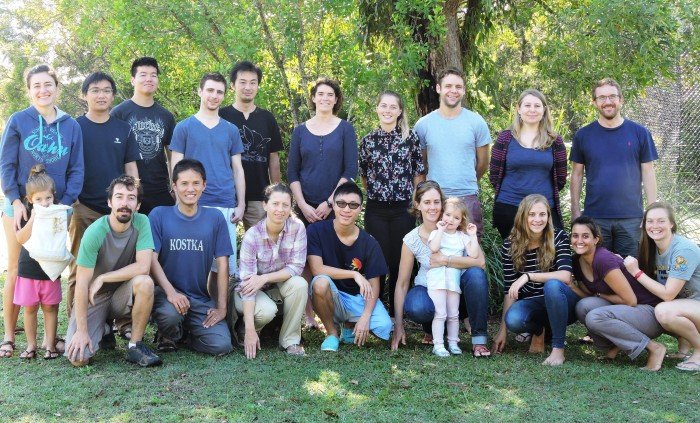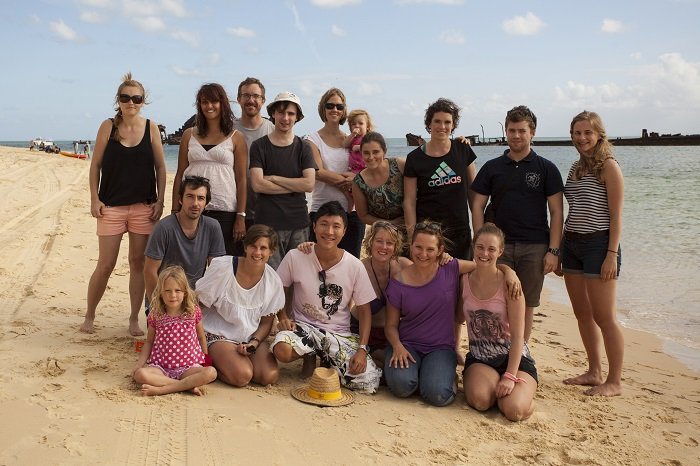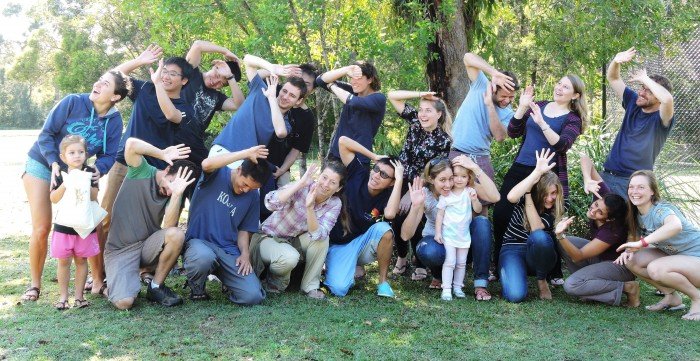
About The Fuller Lab
People just like you and me have caused a huge biodiversity crisis, pushing many species to the brink of extinction and beyond. Doing something about this is one of the most important and urgent problems globally.
We are a group of researchers headed by Richard Fuller and based at the University of Queensland in Brisbane. We are studying how people have affected the natural world around them, and how some of their destructive effects can best be reversed. On the flip side, we are also keen to understand whether and how people can benefit positively from experiences of biodiversity.
To answer these questions we work on pure and applied topics in biodiversity and conservation, spanning the fields of conservation planning, conservation psychology and urban ecology. Much of our work is interdisciplinary, focusing on the interactions between people and nature, how these can be enhanced, and how these relationships can be shaped to converge on coherent solutions to the biodiversity crisis.



Our lab philosophy
The Fuller Lab is dedicated to fostering a nurturing research environment that prioritises inclusivity, communication and promotes a safe, supportive space for innovative research. We emphasise the importance of empathy and support among all lab members, and we understand and value the importance of diverse voices and perspectives in science. We create a work environment that ensures lab members feel comfortable asking novel questions about our environment and our world.
Recognising the systemic inequalities pervasive in society and within the scientific community, we strive to ensure that our actions, both within the lab and through the research we produce, contributes to meaningful progress in overcoming these challenges. We will not shy away from acknowledging the realities of societal disparities and its run-on effects on scientific research.
We maintain the highest standards of scientific integrity and have a deep understanding of the impact of our research, and with this perspective, coupled with our commitment to continuous learning, we aim to create a work environment that facilitates impactful and meaningful scientific contributions.